Unkategorisiert
Heart Healthy Power Foods
Power Foods That Fight Heart Disease
What you eat has a powerful impact on your risk of developing cardiovascular disease. „Power Foods“ are foods packed with high levels of heart disease-fighting nutrients and the fewest number of calories. Including the following Power Foods in your diet can help you reduce your risk of heart disease.
Vegetables
- Asparagus Nutrients Supplied: B6, folate, K, potassium, fiber
- Bell peppers Nutrients Supplied: B1, B2, B6, folate, C, fiber
- Bok choy Nutrients Supplied: B6, C, K, Calcium, fiber
- Broccoli Nutrients Supplied: B6, C, E, K, folate, fiber
- Carrots Nutrients Supplied: A, C, Fiber, carotenoids*
- Garlic, onions, leeks, shallots Nutrients Supplied: Phytochemicals*, fiber
- Leafy greens such as spinach, watercress, swiss chard, romaine, kale, beets and mustard greens Nutrients Supplied: A, B2, B6, C, E, folate, calcium, copper, magnesium, potassium, zinc, fiber
- Potato (with skin) Nutrients Supplied: B6, C, potassium, magnesium, fiber
- Sweet potato (with skin) Nutrients Supplied: A, C, potassium, copper, fiber
- Tomato Nutrients Supplied: A, C, E, potassium, fiber
- Acorn or butternut squash Nutrients Supplied: A, B1, B6, C, folate, calcium, copper, magnesium, potassium, fiber
*What’s a carotenoid? A carotenoid is a type of phytochemical that has a strong antioxidant effect. You may be familiar with beta-carotene, one of the 600 known carotenoids. A diet rich in carotenoids helps protect against cancer and heart disease and contribute to healthy eyes.
*What’s a phytochemical? A phytochemical is a plant chemical that helps to keep plants healthy. These same plant chemicals help protect humans from disease and boost the immune system.
Serving Suggestions:
- Try to eat at least 1 to 2 cups of these vegetables at 2 meals each day.
- An average of ¼ cup of chopped onion and 1 clove of garlic each day have healthy benefits.
- Choose fresh and cooked tomato products every week.
- Focus on variety. Choose a wide variety of colorful vegetables each day. The more vibrant the color, the better! Choose dark greens, bright reds, oranges, yellows and deep purples.
Protein Foods
- Tuna: Wild, fresh and light canned in Nutrients Supplied: B12, D, protein, niacin, selenium, omega-3 fatty acids*
- Salmon: Wild, fresh or canned pink Nutrients Supplied: B6, B12, D, phosphorus, potassium, selenium
- Natural peanut butter or other nut butters, like almond and walnut Nutrients Supplied: E, protein, fiber, niacin, magnesium, phosphorus
*What are omega-3 fatty acids? Omega-3 fatty acids (omega-3s) are a type of fat found in some fish, grains and legumes. Certain amounts of omega-3s in the diet can help lower triglyceride levels, limit blood clots and arrhythmias, reduce the risk of a heart attack and may boost the immune system.
Serving Suggestions:
- Eat two 3- to 6-ounce servings of fish per week.
- Eat 2 to 4 tablespoons of natural peanut butter or other nut butters per week.
Fruits
- Apples and pears Nutrients Supplied: C, fiber, flavonoids*
- Apricots (fresh or dried) Nutrients Supplied: A, C, E, K, fiber
- Bananas Nutrients Supplied: B6, C, magnesium, potassium, fiber
- Berries, such as raspberries, blueberries, boysenberries and blackberries Nutrients Supplied: C, folate, manganese, potassium, fiber
- Cantaloupe Nutrients Supplied: A, B6, C, folate, potassium, fiber
- Citrus, such as oranges and grapefruits Nutrients Supplied: A, B6, C, folate, potassium, fiber
- Kiwifruit Nutrients Supplied: C, E, magnesium, potassium, fiber
- Papaya Nutrients Supplied: A, C, E, folate, calcium, magnesium, potassium
- Peaches Nutrients Supplied: C, E, K, fiber, potassium
*What’s a flavonoid? A flavonoid is a type of phytochemical found in fruits, vegetables, teas and wine. Flavonoids have strong antioxidant properties, which are thought to protect against cancer and heart disease.
Serving Suggestions:
- Eat 3 servings of fresh (best), frozen or canned fruit (in its own juice) each day. If you have trouble controlling your blood sugars or triglycerides, you should eat whole fruits rather than drink fruit juices.
Soy Foods
- Soy milk and soy cheese Nutrients Supplied: B1, B12, D, protein, niacin, folate, calcium, copper, iron, magnesium, manganese, potassium, zinc
- Soy nuts and soy nut butter Nutrients Supplied: Folate, magnesium, manganese, protein, phytoestrogens*
- Tofu and tempeh Nutrients Supplied: B1, protein, niacin, folate, calcium, copper, iron, magnesium, manganese, potassium, zinc
*What’s a phytoestrogen? A phytoestrogen is a type of phytochemical. It is found in soy products. Phytoestrogens are thought to help prevent estrogen-related cancers, relieve symptoms of menopause and protect against osteoporosis.
Serving Suggestions:
Use any of these in place of meat in at least two meals per week.
Grains
- Barley Nutrients Supplied: A, B2, Protein, fiber, niacin, copper, iron, magnesium, manganese, selenium, zinc
- Brown rice Nutrients Supplied: B1, B6, fiber, niacin, magnesium, manganese, selenium, zinc
- Bulgur Nutrients Supplied: Fiber, niacin, manganese, selenium, magnesium
- Flaxseed Nutrients Supplied: Fiber, iron, omega-3 fatty acids
- Oatmeal Nutrients Supplied: Soluble fiber, magnesium, manganese, potassium, zinc
- Wheat germ Nutrients Supplied: B1, E, niacin, folate, magnesium, manganese, potassium, zinc
Serving Suggestions:
- Use barley in place of refined, processed grains and rice to add more nutrients to your diet.
- Eat at least 4 cups of cooked oatmeal per week; try to avoid instant oatmeal.
- Include wheat germ in your daily eating regimen. Try eating 2 tablespoons a few times a week.
- Eat 2 tablespoons milled or ground flaxseed per day. Flax provides a „nutty“ flavor when added to foods and is great in cooked oatmeal.
Legumes
- Black beans Nutrients Supplied: B1, protein, folate, copper, iron, magnesium, manganese, potassium
- Black-eyed peas Nutrients Supplied: B1, B6, niacin, folate, copper, iron, magnesium, manganese, potassium, zinc
- Kidney beans Nutrients Supplied: B1, niacin, folate, iron, magnesium, manganese, potassium, zinc, omega-3 fatty acids
- Lentils Nutrients Supplied: B1, B6, protein, fiber, niacin, folate, iron, magnesium, manganese, potassium, zinc
Serving Suggestions:
- Include at least 3 to 4 cups of legumes in your diet each week.
- Use legumes as your protein source for lunch and 2 dinners a week.
- Legumes are great in stews, soups, salads and mixed with other beans.
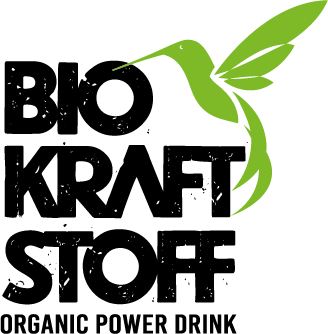

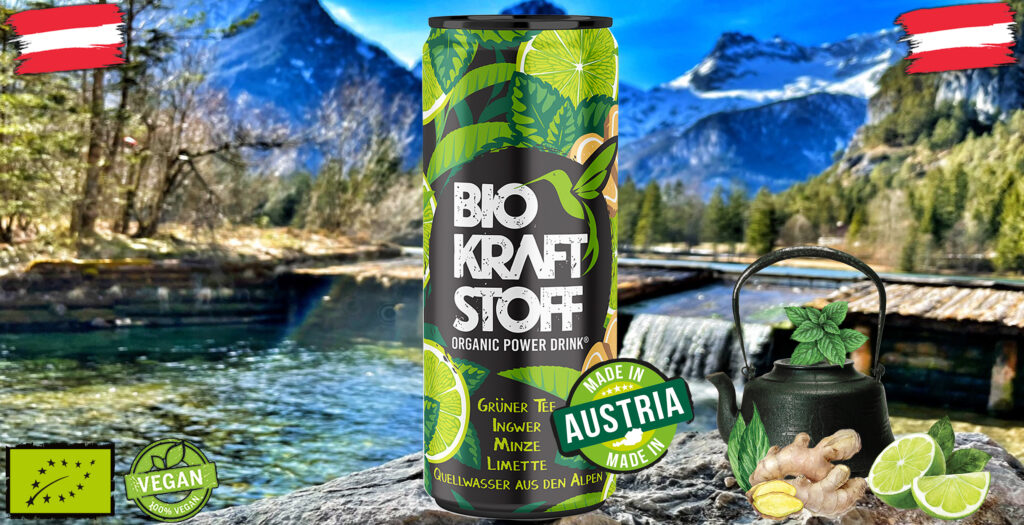
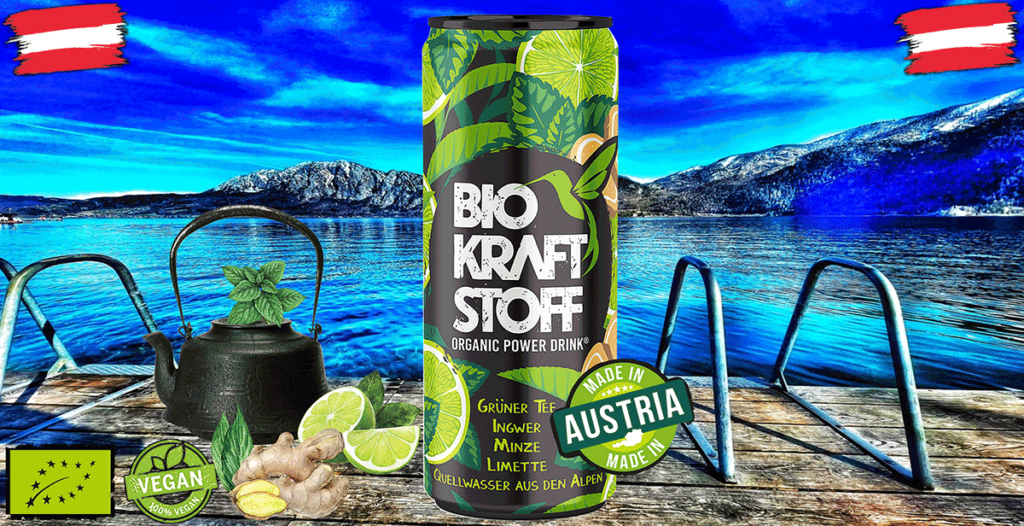
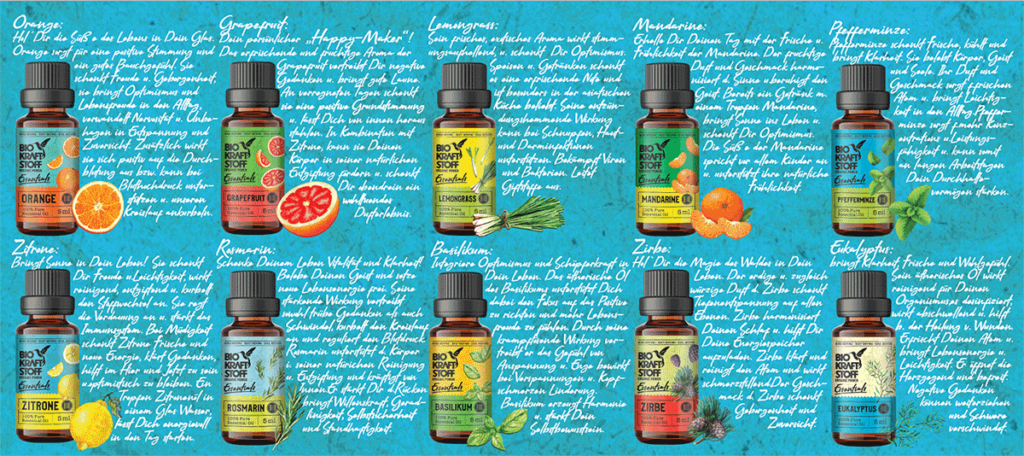



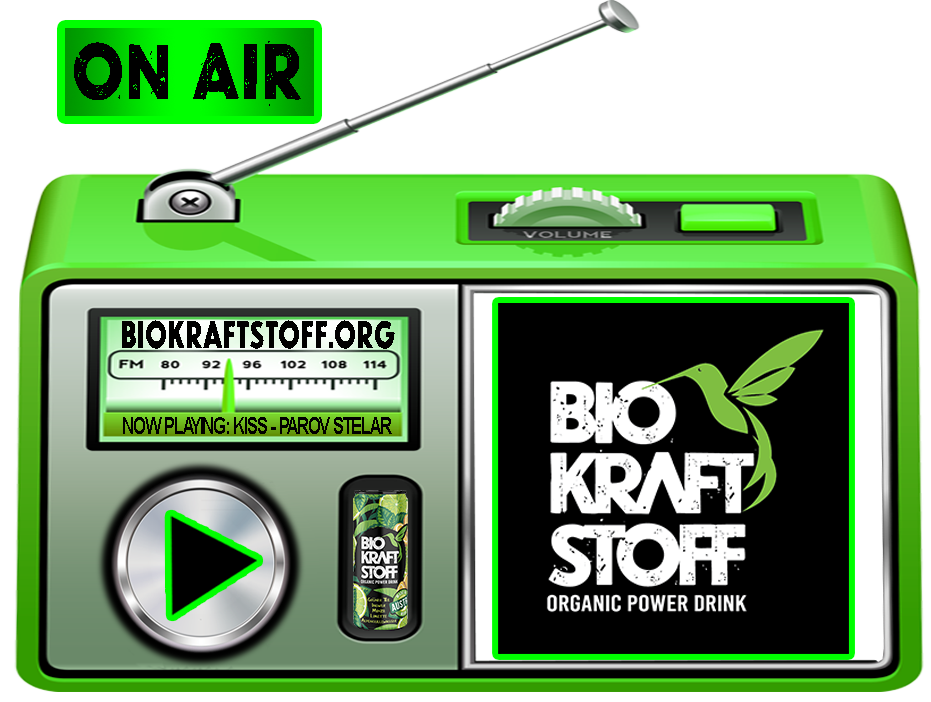

Made in Austria
Organic Power
Vegan Freshness
Recycling
Best Selling Products
BioKraftstoff- ORGANIC POWER DRINK
BiOKRAFTSTOFF – ORGANIC POWER DRINK made in Austria
€39,90Ursprünglicher Preis war: €39,90€34,90Aktueller Preis ist: €34,90.BiOKRAFTSTOFF - ESSENTIALS
WEIHRAUCH: Lebensmittel & Naturessenz (Wasserdampfdestillation), 100 % pures BiO-Ätherisches Öl. 100 % BIO
BiOKRAFTSTOFF - ESSENTIALS
ROSENWASSER: Lebensmittel & Naturessenz (Wasserdampfdestillation), 100 % pures BiO-HYDROLAT.
BiOKRAFTSTOFF - ESSENTIALS
LEMONGRASS: Lebensmittel & Naturessenz (Wasserdampfdestillation), 100 % pures BiO-Ätherisches Öl. 100 % BIO
BiOKRAFTSTOFF - ESSENTIALS
WACHOLDER: Lebensmittel & Naturessenz (Wasserdampfdestillation), 100 % pures BiO-Ätherisches Öl. 100 % BIO
BiOKRAFTSTOFF - ESSENTIALS
ZIRBE: Lebensmittel & Naturessenz (Wasserdampfdestillation), 100 % pures BiO-Ätherisches Öl. 100 % BIO
BiOKRAFTSTOFF - ESSENTIALS
PFEFFERMINZE: Lebensmittel & Naturessenz (Wasserdampfdestillation), 100 % pures BiO-Ätherisches Öl. 100 % BIO
BiOKRAFTSTOFF - ESSENTIALS
LAVENDEL: Lebensmittel & Naturessenz (Wasserdampfdestillation), 100 % pures BiO-Ätherisches Öl. 100 % BIO